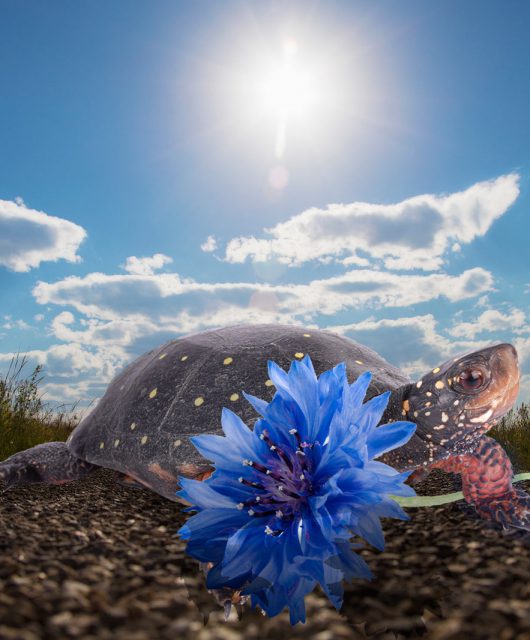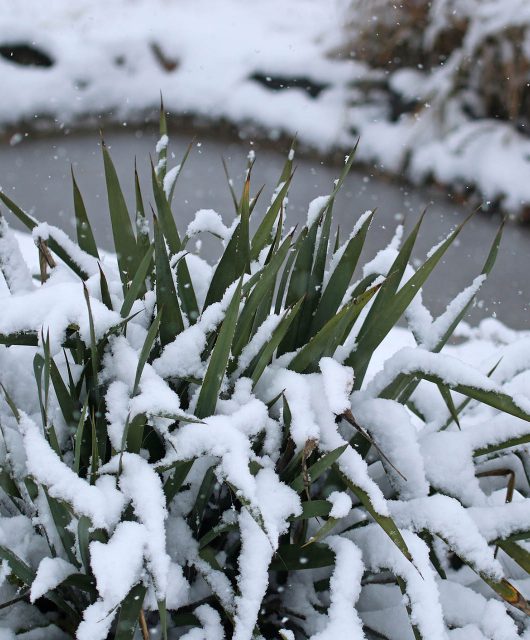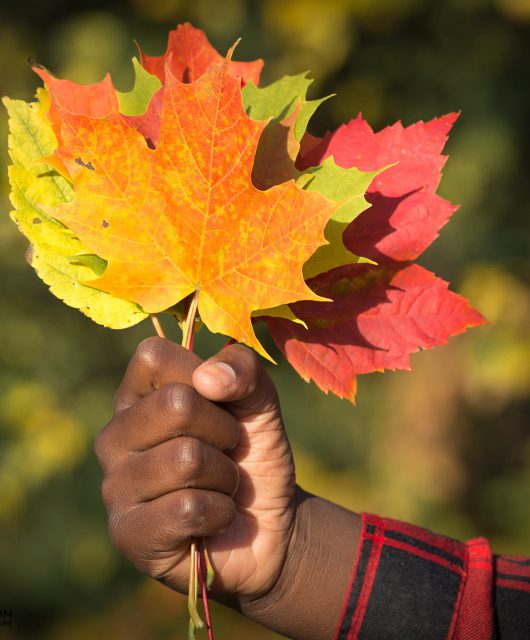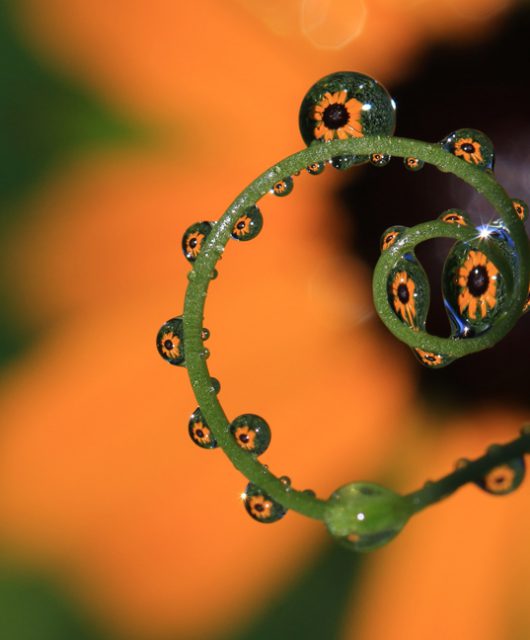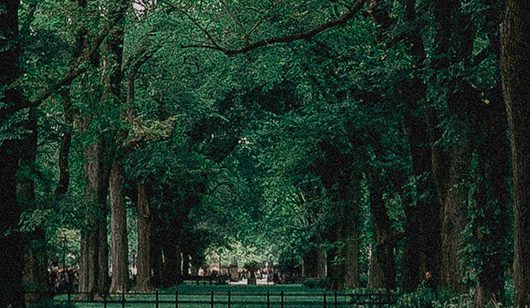I went wilderness camping for the first time in my life this September in Alberta. And I was astounded by what I learned.
This was not staying at a cottage with a beautiful lake view in Owen Sound, Ontario. It was not doing day hikes in Presqu’île Provincial Park while spending the nights in a warm bed in a rented house nearby. And it was definitely not sleeping in cabins with running water, showers and toilets at a Scouts campsite.
While all of these experiences exposed me to the outdoors growing up as a teenager, the 14 days from September 13 to 26, 2018, would be a complete baptism by fire — or snow, rather — into winter camping in the Canadian backcountry. I was an amateur but I remained open to the entire experience.
From being a part of this trip, I learned five things that I would like to share with you.
Be Bold and Ask Questions
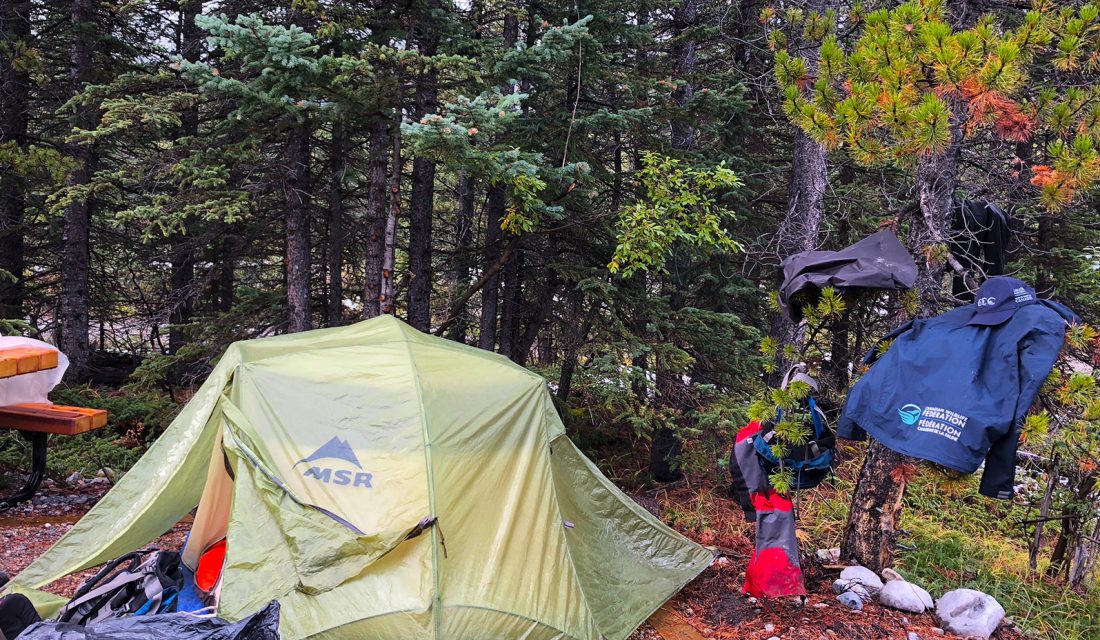
Before the expedition started, I realized that I needed to ask questions to make sure my basic needs for reassurance and security were met.
We met our guides a few days before the trip, and I had to ask if we were getting an introduction into properly packing our 75-litre backpacks. This was addressed on day one.
During our expedition, it became clear that asking for more information was a good thing. When we were deciding on a choice of two routes to take, I asked about the weather conditions for the next few days. This was important so that we could make an informed decision for our second half of the trip and mentally prepare ourselves for the snowy conditions ahead.
Journeying With Others is Not Always Easy
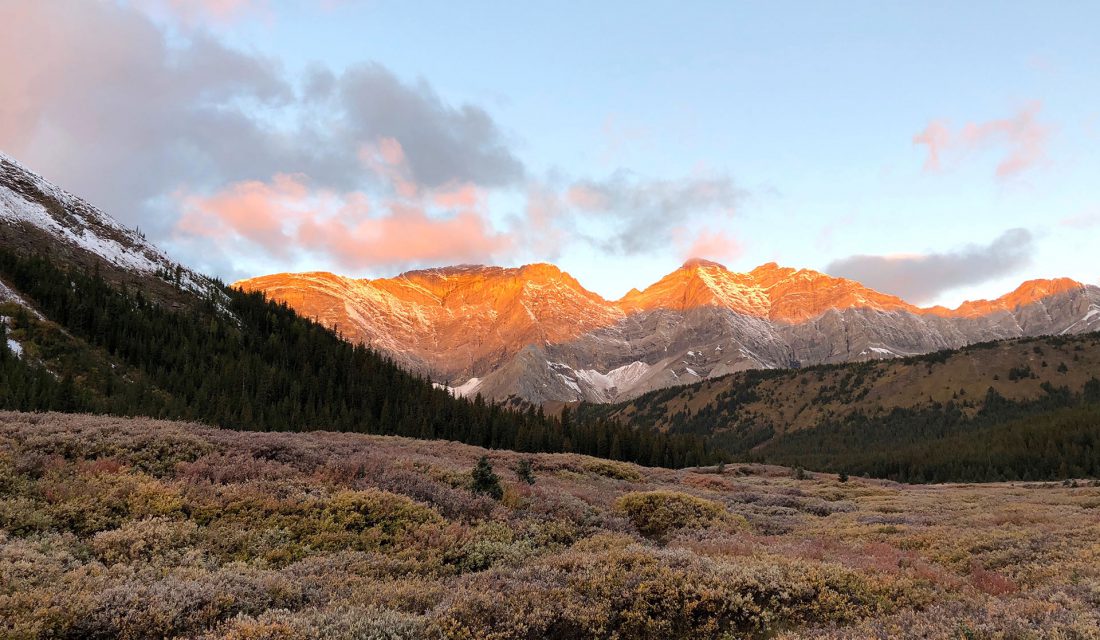
I am, without a doubt, thankful to the 11 participants and two hiking guides who braved the cold and arduous conditions of this expedition together. Subsequently, I made good friends by the end of the trip.
I am especially thankful to the individuals who taught me these important lessons in hiking and backpacking:
- How can we support each other’s needs such as emotional well-being, belonging and independence?
- As a group, how do we build resilience after facing difficult physical and emotional challenges?
- How do we muster up our courage to speak our inner thoughts and feelings when there are difficult conversations to be had?
- How do you balance varying needs when there are 11 individuals and you are tasked with leading them to the next campsite?
Also, there were the elementary but very important skills to inquire about:
- How do we securely fasten shoulder and waist straps on a hiking backpack?
- How do we maintain a campfire?
- What are the best ways to cook dehydrated food like powdered eggs?
- How do we tie the knots that we learned?
- How do we dry our wet clothing when the weather conditions are unpredictable in the mountains?
I’m very grateful for my teammates — now friends — who answered these questions through our shared experiences in the Canadian wilderness.
Our Wildlife is Worth Conserving
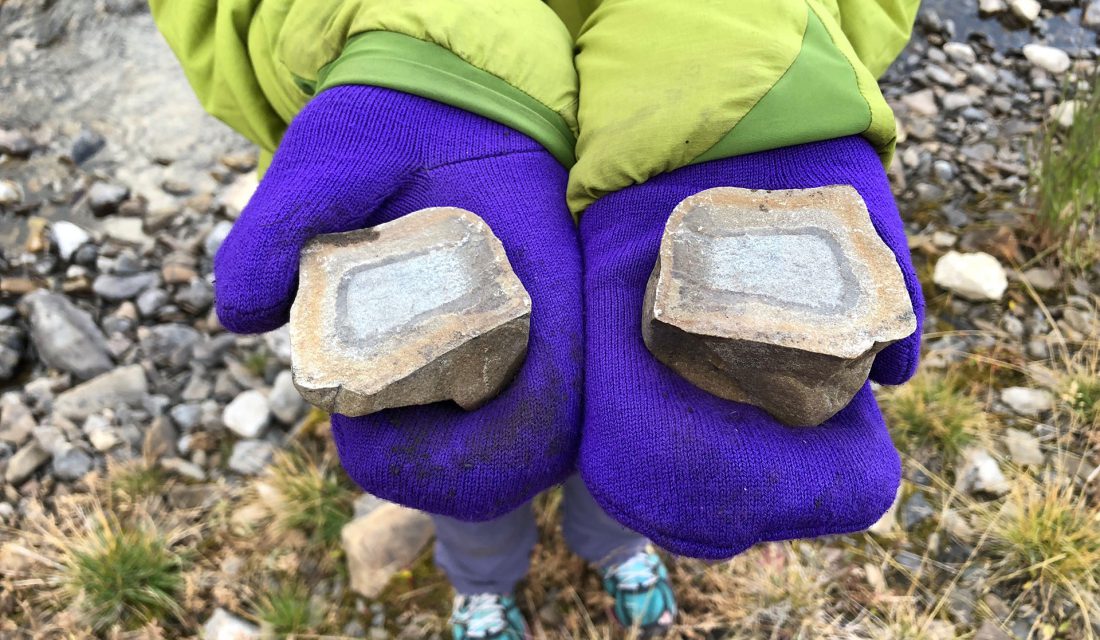
With my friends, family and the newcomer youth that I assist at work, I’ve always said that we need to protect the natural resources we have been entrusted with, as Canadians, and as humans.
After spending 14 days in the mountains, I’ve come to recognize that we need to be stewards to the wild animals, plants, soil, air and water in a first-hand way. The memories of seeing animal tracks, mountains, tall trees and rock formations inspire me to share this appreciation with other Canadians who have not had the opportunity to take ownership and get outdoors to see our lands up close. Hearing what other passionate young people in the CCC are doing in their communities also compels me to take further action to protect the environment in my hometown.
Our plants and animals are part of Canada’s rich cultural assets. If we do not take care of them today, our future generations of Canadian citizens and visitors will not have a chance to appreciate nature. We need to be stewards and protect these resources wisely.
Practice Your Innate Sense of Play
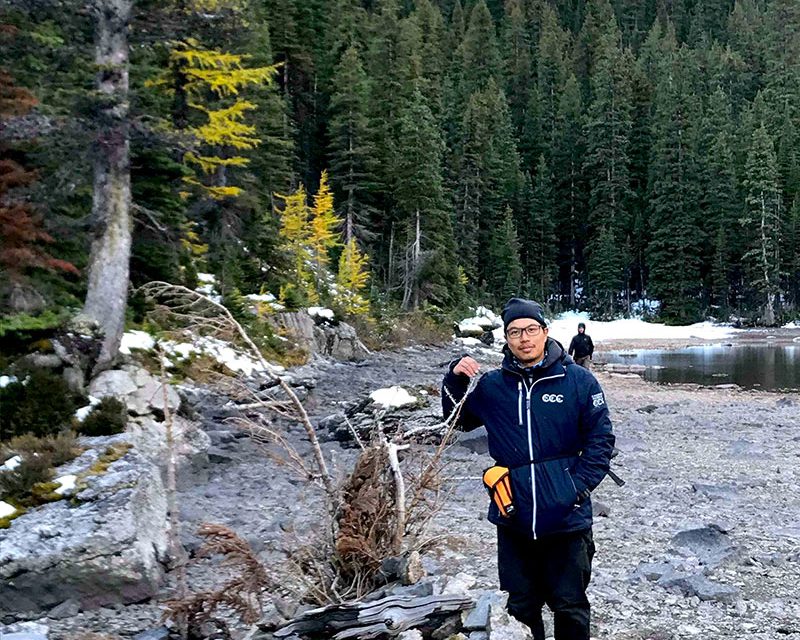
When I had time to be alone in the wilderness, I learned that I had not practiced anything creative since university. I used to volunteer and work at the local art gallery in my hometown where I was exposed to an environment of sharing ideas, creativity and growth. Luckily, I had an opportunity to explore this in the backcountry of Kananaskis Country.
In the mountains, there is not much that you can do but be inspired by the nature and beauty. My cellphone, used as a camera, ran out of battery by the fifth day. This led me to use my kin-aesthetic abilities and touch the leaves, rocks, water and bark during our trip.
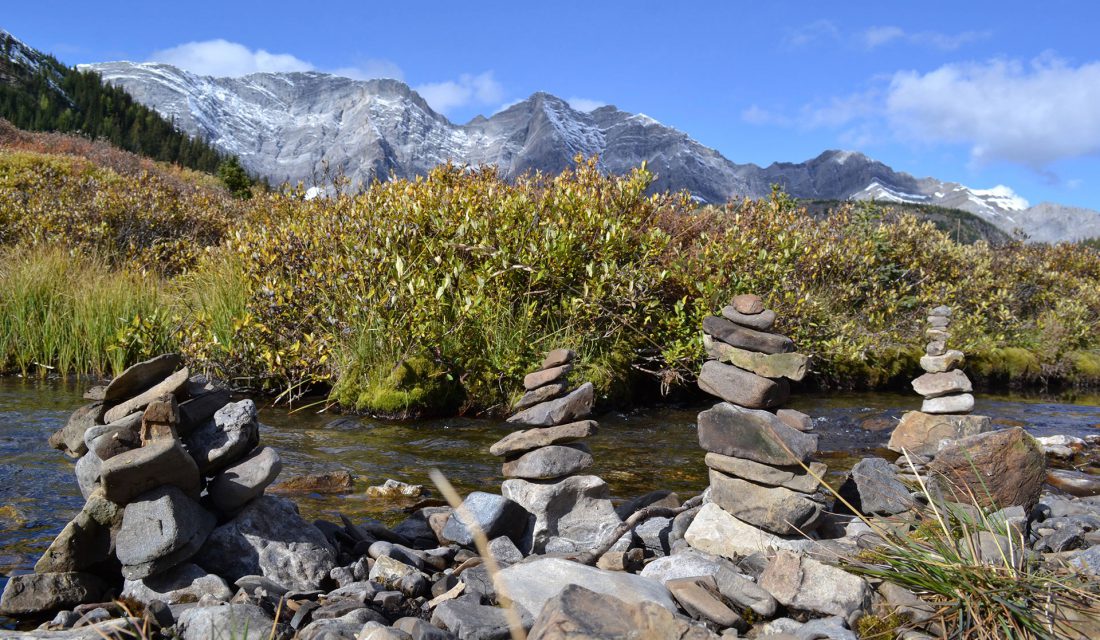
The lack of creativity in my life was filled when I started to stack rocks by nearby rivers and lakes. I would start to see different forms take shape in my rock structures. For me, this process reminded me of a carefree environment to make mistakes, experiment and imagine.
It was not limited by the constructs of creating for the sake of a good mark or following a prescribed guideline — It was doing something that allowed me to express my thoughts and to make something for the sake of making something. This process was a refreshing experience.
It’s important to note that after you’ve had fun in nature, you should try to leave areas as you found them. This is one of the principles of Leave No Trace camping.
Campfires Are a Magical Place to Sit Beside
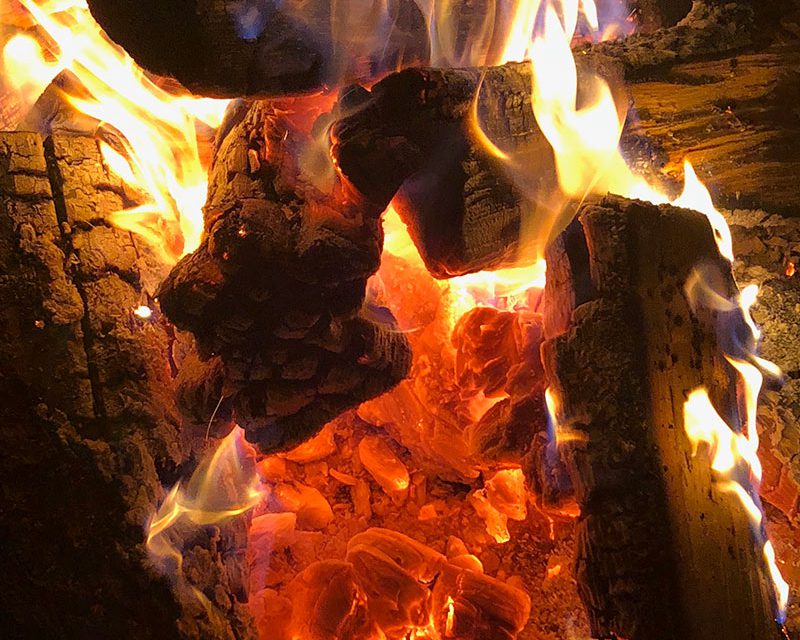
At the end of a long day of hiking, we would sit by a campfire. We would share stories about our families, friends and past experiences back home. We would sing and laugh during songs. One time, we were serenaded by our guide who had a guitar. For those who couldn’t sing, like myself, we would listen and enjoy each other’s company.
As a person who lived in suburbia, camping in the great and wild outdoors was a rare opportunity. If you told me last year that I would hike with 11 other people in the backcountry with no cellphone connection and that I would make some new friends, I would have thought that you were crazy. Nonetheless, I’m glad to say that I’m a better and changed person because of this group bonding — internet and social media not required.

